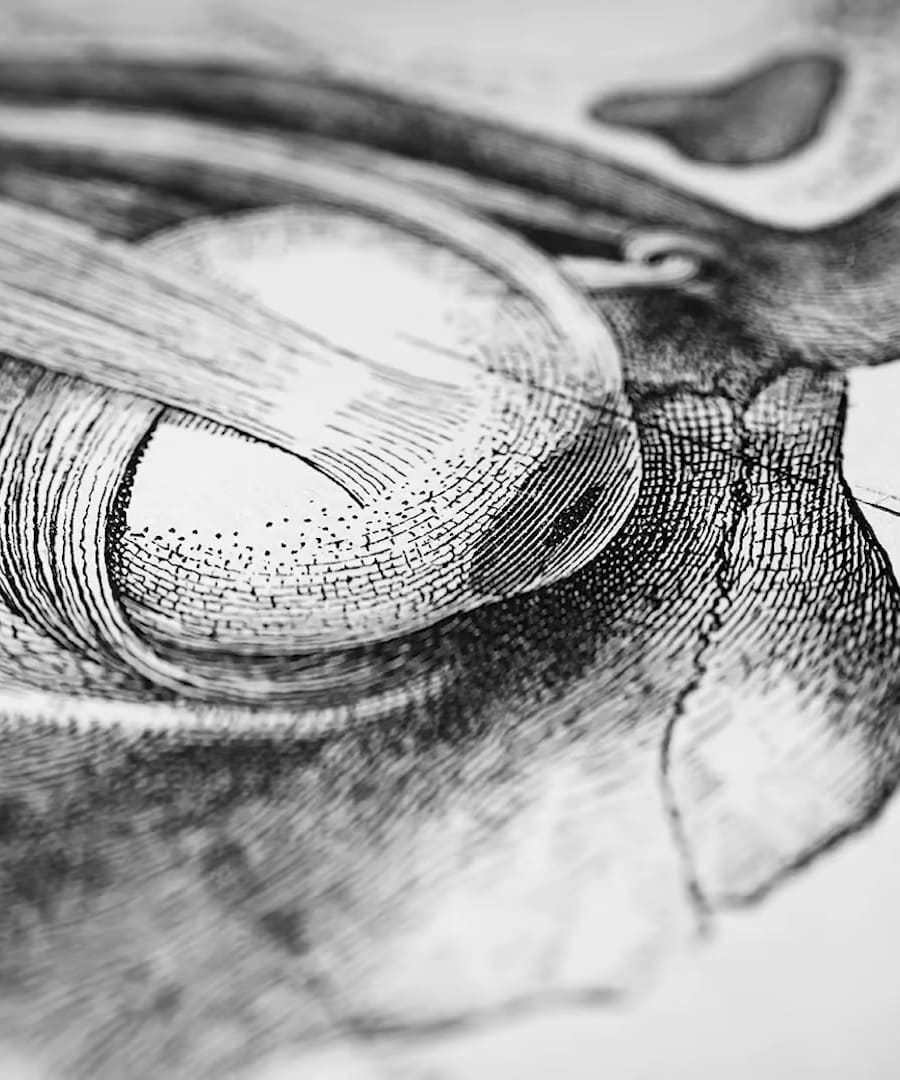what are the 5 most important pilars in human health
Sources:
The most important pillars in human health as discussed on the Huberman Lab podcast are:
- Diet and exercise, with a specific emphasis on resistance training and caloric restriction for hormone health 1.
- Managing stress, which includes techniques like mindfulness, relaxation, going outside, and therapy 2.
- Quality sleep, essential for overall well-being, including hormone and mitochondrial health 1.
- Sunlight, which is now broadened to light and darkness exposure, emphasizing the balance needed for physical and mental health 3.
- Social connections, to include strong relationships with friends, family, and community, which is crucial for health, as people without such connections could face risks 2.
Additionally, the concept of "spirit" or a sense of purpose and self-actualization is mentioned as the 6th pillar. It's described as vital for integrating body, mind, and soul health, where one's belief system can have a profound impact on both mental and physical states 4.
Moreover, oral health has been introduced as the 7th pillar due to its critical role in overall brain and body health. The oral microbiome and health are directly linked to cardiovascular, metabolic, and brain health 5.
These pillars all contribute to creating predictability in one's environment, leading to a stable foundation for mood and mental health 6.
RELATED QUESTIONSSummarize Dr. Kyle Gillett: How to Optimize Your Hormones for Health & Vitality | Huberman Lab Podcast #67
Sources:
In , Dr. Kyle Gillett, a dual board-certified physician in family and obesity medicine, speaks with regarding hormone optimization across various stages of life, including the six pillars of lifestyle interventions that are beneficial for hormone health. Here are the key takeaways from the episode:
-
Diet and Exercise: For hormone health, resistance training and caloric restriction can be particularly beneficial, especially considering the prevalence of metabolic syndrome. Diet and exercise are seen as the two most powerful pillars 1.
-
Stress and Sleep Optimization: Managing stress and ensuring quality sleep are important for overall hormone health, with sleep also contributing to proper mitochondrial function 1.
-
Sunlight and Spirituality: Exposure to natural light and the outdoors supports health, while spirituality, or the sense of purpose and belief, ties together mind, body, and soul for all-encompassing health 2.
-
Annual Blood Testing: Regular blood testing is recommended to provide a clearer picture of one's hormonal health. Understanding changes in hormone levels over time can better direct lifestyle choices and medical interventions 3.
-
Personalized Diet: Individual dietary needs and responses vary widely, with genetic factors playing a role in how one might best metabolize food for optimal health. Some individuals, particularly those at risk of cancer or with autoimmune diseases, may benefit from a lower carb diet 4.
This episode encapsulates a discussion of critical factors that can impact an individual's hormonal balance and well-being. It emphasizes practical steps and the importance of approaching health through personalized strategies.
RELATED QUESTIONS-
Summarize Dr. Kyle Gillett: How to Optimize Your Hormones for Health & Vitality | Huberman Lab Podcast #67
Sources:
In the , Dr. Gillett and discuss strategies to optimize hormone levels across various life stages. They focus on "The Big Six" lifestyle pillars: diet, exercise, stress optimization, sleep optimization, sunlight exposure, and spirituality. Diet and exercise are highlighted as particularly essential, with resistance training and caloric restriction contributing to metabolic syndrome prevention.
The conversation covers the importance of stress management in maintaining cortisol levels and the benefits of sunlight in promoting outdoor activity and exposure to natural elements. Spirituality is presented as vital for holistic health, transcending any specific religious beliefs.
Annual blood testing is proposed as a valuable tool for monitoring hormonal health changes over time. A tailored dietary approach is also seen as crucial, considering individual responses to different foods may vary based on genetics or health conditions, such as cancer risk or autoimmune disorders.
Relationship dynamics, explained through the interaction of hormones like dopamine and prolactin, suggest that spending time apart can replenish excitement in relationships. Hormone balance, including testosterone optimization and estrogen control, is explored with recommendations for supplements and blood test frequency for better overall health.
In summary, the episode emphasizes the significance of a personalized approach to health, the interplay between hormones and lifestyle factors, and the consideration of long-term strategies for hormone health across various life stages.
RELATED QUESTIONS
what are the 5 most important pilars in human health
- RELATED QUESTIONS
Summarize Dr. Kyle Gillett: How to Optimize Your Hormones for Health & Vitality | Huberman Lab Podcast #67
- RELATED QUESTIONS
Summarize Dr. Kyle Gillett: How to Optimize Your Hormones for Health & Vitality | Huberman Lab Podcast #67
- RELATED QUESTIONS







